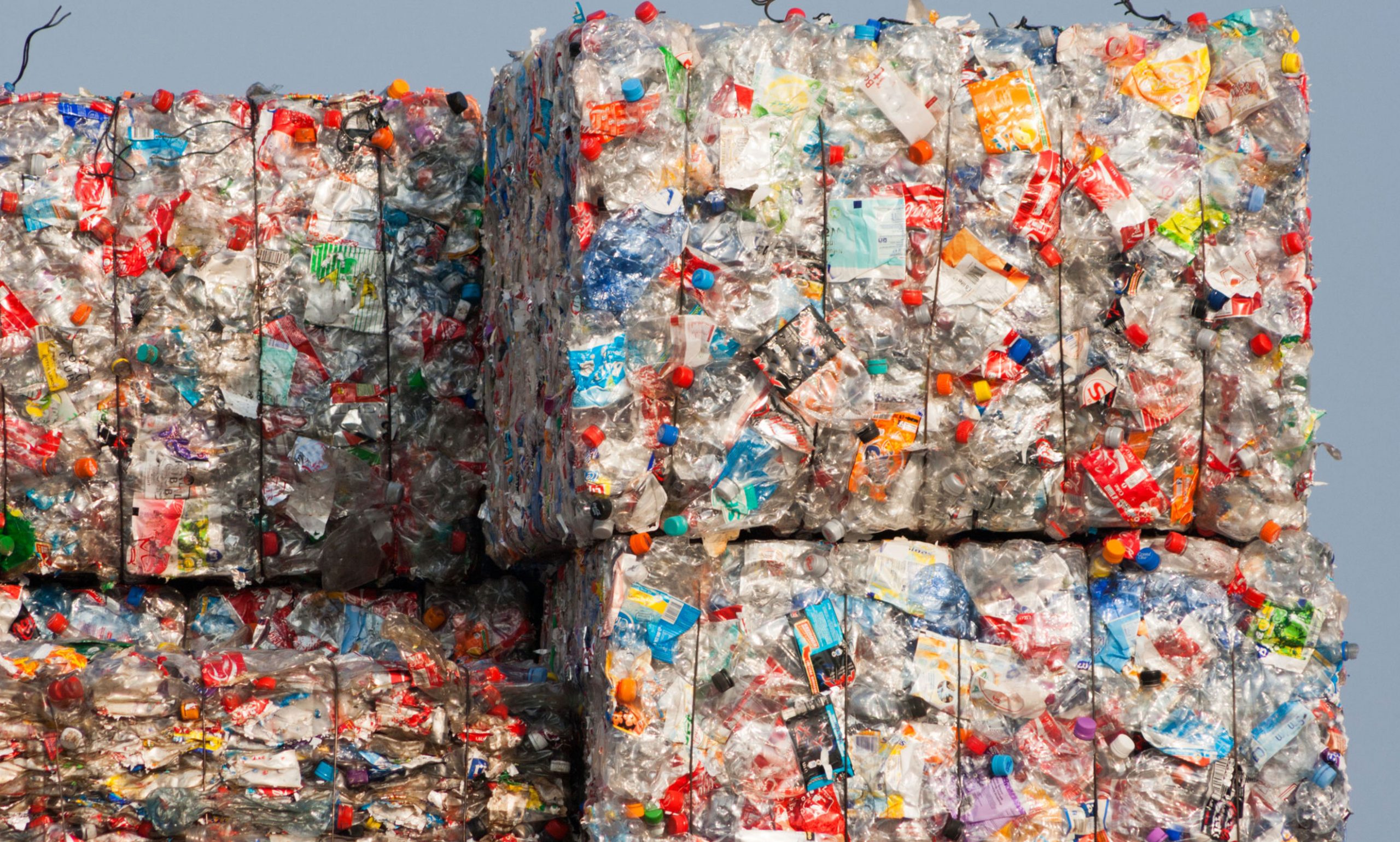Polyethylene is a highly recyclable polymer. This makes switching over to recycled Polyethylene’s from traditional forms very easy. It is the most widely recycled plastic in the world and can make a sizeable difference to your business’ environmental impact. rPolyethylene is a great choice if you want to reduce energy consumption and lower costs, as it is actually easier to produce than virgin polyethylene. More and more businesses are making the switch over to recycled forms of polyethylene, due to this variety of benefits.
rPolyethylene is a very useful polymer as different forms prioritise different qualities. It can be both high density and low density, and different structures have different melting points, so you can prioritise cost effectiveness or temperature durability according to your business’ personal requirements.
-
Low Density Polyethylene, or LDPE is the most popular form of plastic in UK manufacturing. This makes changing our usage to recyclable alternatives all the more important. rLDPE is favoured for its low melting point and good processability. It has very low water absorption, good chemical resistance to alcohols and low concentration acids and bases, and excellent electrical insulation properties. Its resistance is more limited to oxidising agents and halogenated hydrocarbons. It is flammable and is susceptible to stress cracking, however.rLDPE still has a very wide range of uses in comparison to its non-recycled counterpart. rLDPE can be used in plastic film packaging, containers, panelling in automotive and computing industries, and more.
-
Recycled High Density Polyethylene, or rHDPE is non-biodegradable. It can take hundreds of years before it is broken down in landfill. This is why it is so important we recycle HDPE and use it as many times in as many products as possible. This is not merely an ethical decision, as recycling HDPE is also highly cost effective, as it is cheaper to manufacture than virgin plastic. HDPE can be recycled many times, further reducing rHDPE’s environmental impact.rHDPE is a stiff material with good low temperature resistance, as well as having good resistance to most solvents. It is also resistant to most alcohols, low concentration acids and bases, and most oils and greases. It lacks a high level of resistance to hydrocarbons. It is also susceptible to stress cracking and is less stiff than polypropylene.
rHDPE is most commonly used in packaging, such as crates, cartons, and industrial containers and cans for bulk usage. It has high tensile strength, making it useful in ropes and nets, and it is also used in consumer goods, such as bins, homeware, and toys. It can also be used in pipes, cables, and wiring. -
Linear Low-Density Polyethylene, or LLDPE is one of the more difficult polymers to recycle, so its use is less widespread than the other recycled polyethenes. Recycled LLDPE is still useful however, as it is very flexible, and possesses high impact strength. It makes a good barrier against both water and alcohol vapour and has excellent chemical resistance. It also has great stress crack and impact resistance.rLLDPE is most commonly used in the blow moulding creation of films. It can also be used in producing agricultural films, clothing packaging, stretch film, and general-purpose films.




